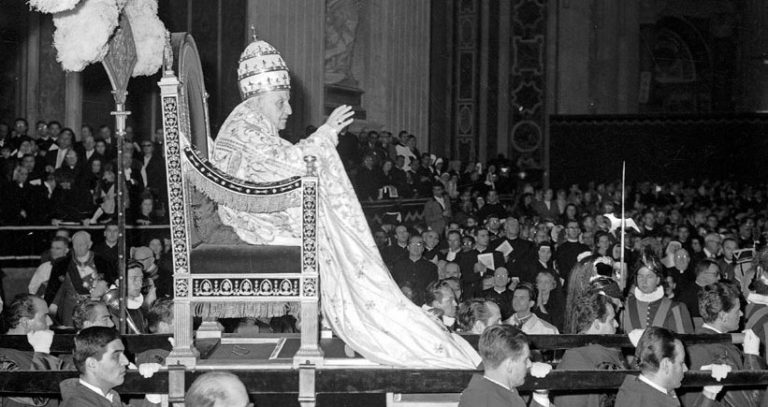Was Vatican II a Mistake?
Editor’s note: this article first appeared in the June 2004 print edition of Crisis Magazine. Most Catholics in 1959 probably didn’t even know what an ecumenical council was. And yet, here it was. Pope John XXIII announced that the goals of the Second Vatican Council would be “the renewal of the spirit of the Gospel … Read more
